Hours after his first bilateral meeting with Donald Trump earlier this week, the South Korean President Lee Jae-myung admitted that he feared that his one-to-one would become a “Zelensky moment.” Although the reality was far from the case, it made for somewhat vomit-inducing listening.
As Lee showered Trump with praise for his handling of North Korea during his first term, Trump’s ego ballooned one sentence at a time. Monday’s episode was a clear example of how Trump likes diplomacy to be done, but for all Trump and Lee’s calls for talks with Kim Jong Un, both leaders will face the obstacle of North Korea’s recent affirmations of its lack of interest in dialogue with its Western adversaries.
As the two leaders took their seats in the Oval Office, the South Korean President began his charm offensive. He had done his homework, having read The Art of Deal and seen Trump’s bilateral meetings with other world leaders. The left-wing Lee lauded his anything but left-wing counterpart for the recent high reached in the US stock market as well as Trump’s handling of North Korea during his first term in office. Only through Trump’s intervention, Lee said, would “a new era of peace” on the Korean Peninsula be realized, going as far as to say that the “only person” who can “make progress” on the North Korea issue is the US President.
To hear these claims emanating from the mouth of the recently elected left-wing populist leader was a surprise. After all, this is a man who, long before his election on 3 June, had criticized the presence of US forces stationed in South Korea as “occupying forces” and called military exercises between Washington, Tokyo, and Seoul – a vital component of deterring North Korea – a “defense disaster.” Even on his flight to Washington, Lee mentioned his discomfort at the possibility of US troops stationed in Seoul playing a wider regional role, amidst Trump’s ongoing claims of prioritizing deterring China over North Korea.
Pyongyang is happy to halt and restart its delinquency if it does not get what it wants
In the White House, however, it was as if the world saw a different Lee Jae-myung. But time will tell as to whether Lee is as committed to what he calls the “future-orientated alliance between South Korea and the United States” and in what ways. His past statements have been the antithesis of subtlety, and he is a shrewd politician after all.
North Korea featured more than many expected in the meeting, but it remains one of the only areas in which Lee can attempt to implement his agenda of reconciliation with the hermit kingdom. Had he not mentioned North Korea, the first bilateral summit with Trump would have been a missed opportunity to push for his desire for inter-Korean reconciliation, not least given the US President’s willingness to gloat about his “good relationship” with Kim Jong Un. How better to say – not completely in jest – that he hoped that a Trump Tower would be built in North Korea, where he could play golf.
Whilst Trump once again erroneously stated how there were over 40,000 US troops in South Korea (there are approximately 28,500), he was correct to argue that had he been in power over the past four years, North Korea may have paused some of its missile testing and Kim Jong Un might have even decided to meet Trump again. Yet, Pyongyang would not have taken any steps towards denuclearization, a word which concerningly featured only twice in the entire Oval Office dialogue and was not used to refer to North Korea.
We need only to go back to the first Trump administration to see that Pyongyang is happy to halt and restart its delinquency if it does not get what it wants. In just one infamous example, in December 2019, Kim Jong Un decided to lift his moratoria on missile and nuclear tests and continue his quest for North Korea to be recognized as a nuclear-armed state.
Lee Jae-myung has been said to lack any ideology, but what he has in abundance is the ability to be a political chameleon. His actual commitment to maintaining – let alone defending and bolstering – Seoul’s alliance with Washington remains to be seen. But what is clear is that he wants to differentiate himself from his conservative predecessor, Yoon Suk Yeol, under whom relations between Seoul, Tokyo, and Washington developed positively. In yet another act of flattery to his US counterpart, Lee said that his decision to visit Japanese Prime Minister Ishiba Shigeru prior to meeting Trump was to iron out the longstanding creases in Japan-South Korea relations. But creases can only be ironed out for so long before they reappear.
Whether Trump’s stipulation of a willingness to meet Kim Jong Un later this year will be realized depends on North Korea. What Trump said of his relationship with Putin equally applies to Kim: “it takes two to tango.”
Whilst North Korea has long viewed the United States as the principal actor from which it can gain concessions, the failure of the Hanoi Summit in February 2019 left a bitter taste in Kim’s mouth. Moreover, North Korea in 2019 is not the same as in 2025. For now, Pyongyang has Moscow’s unwavering support, and the North Korean regime has not been shy to argue that for all Trump and Kim’s bonhomie, inter-state ties during the first Trump administration failed to improve.
Lee assured Trump that he believed Kim Jong Un would be waiting for the US President, but the key question is when this waiting will begin. As evidence emerges of another North Korean missile base near the country’s border with China, at a time when Pyongyang is likely receiving missile and military technology from Russia, South Korea and the United States must not abandon their goal of a denuclearized North Korea.



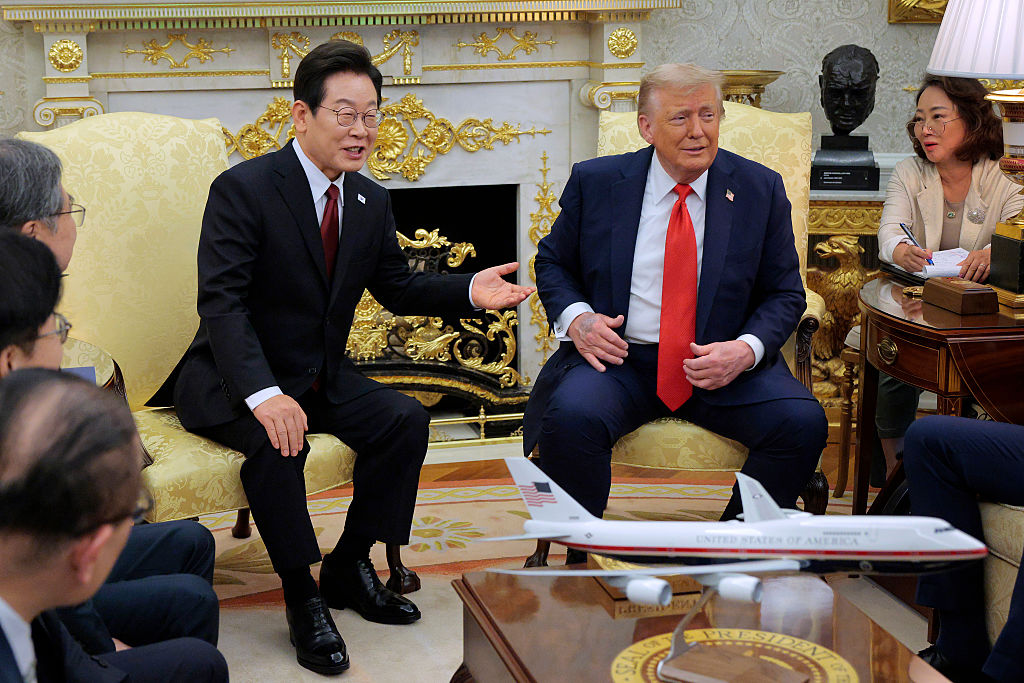






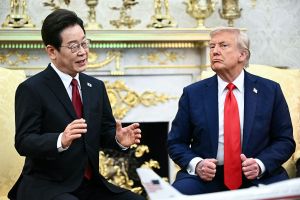
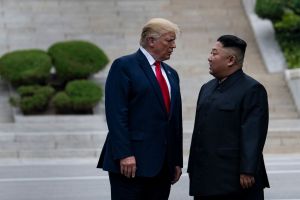
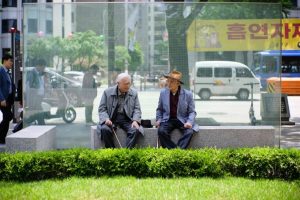
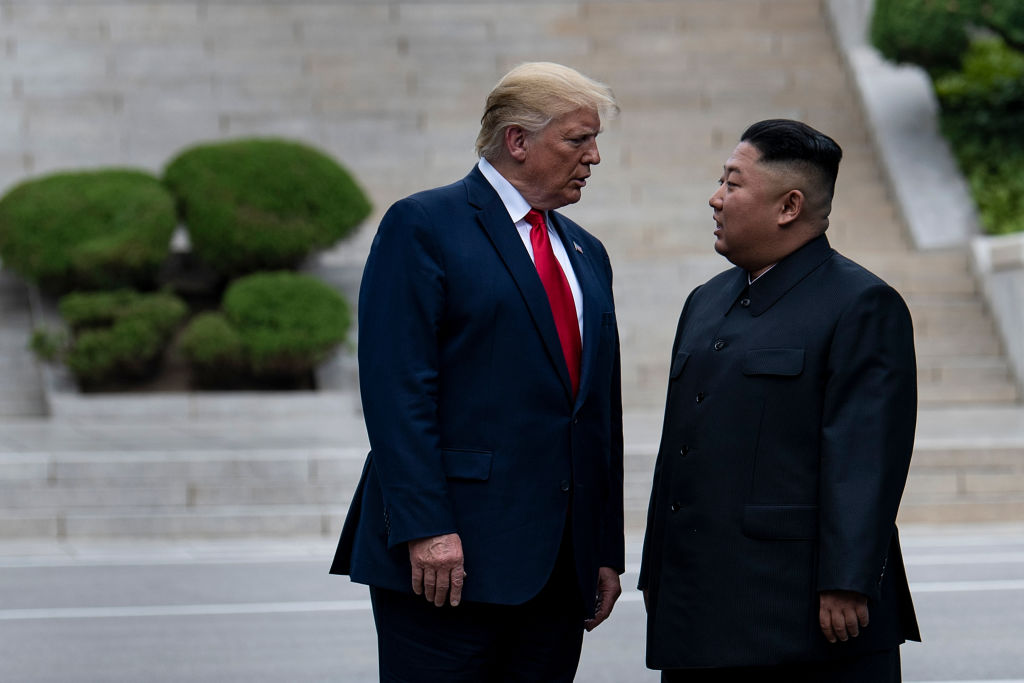
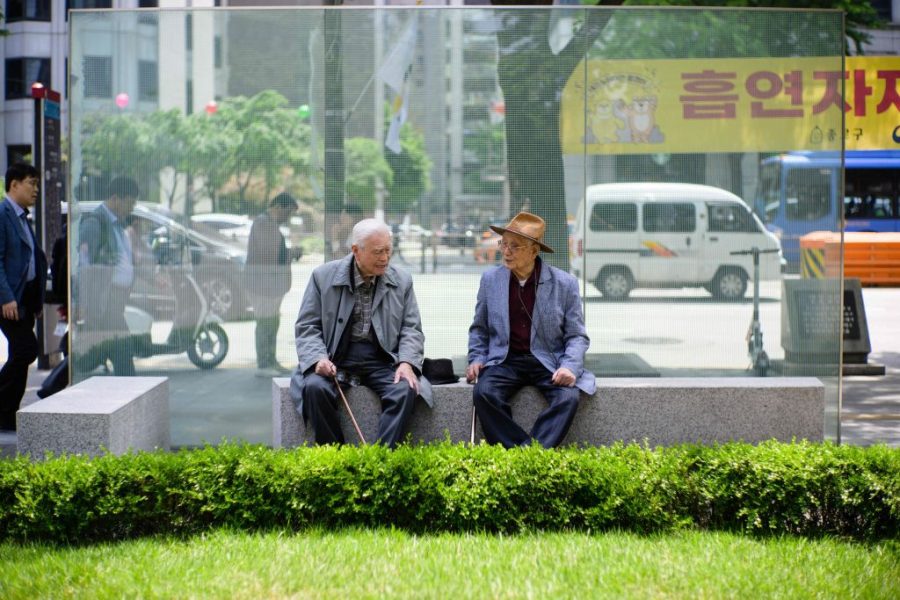
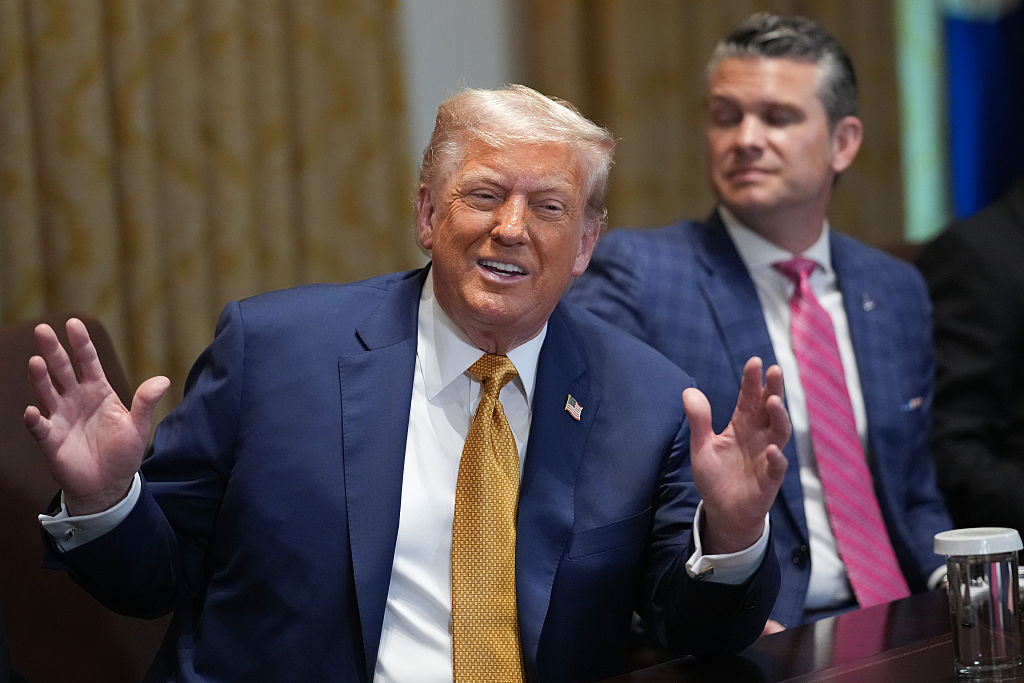
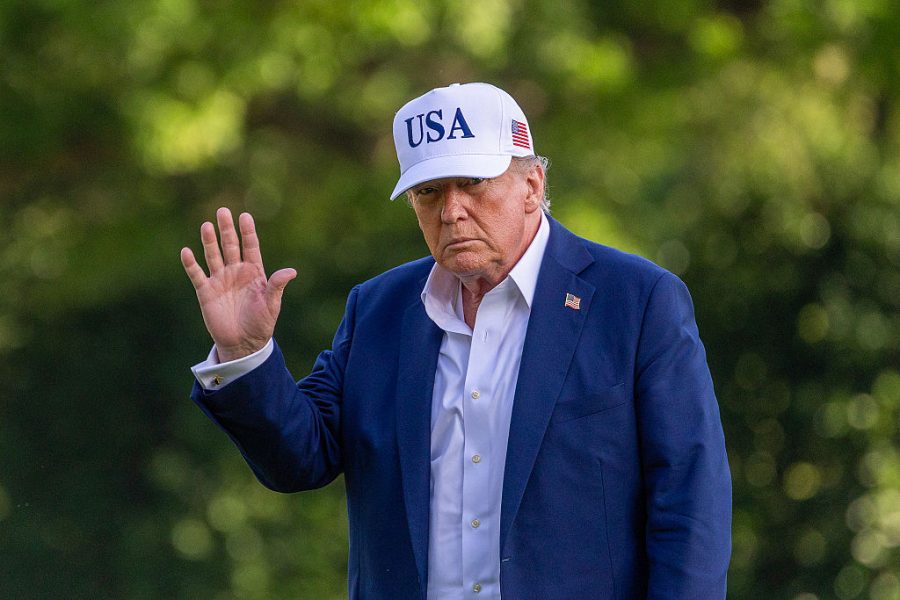
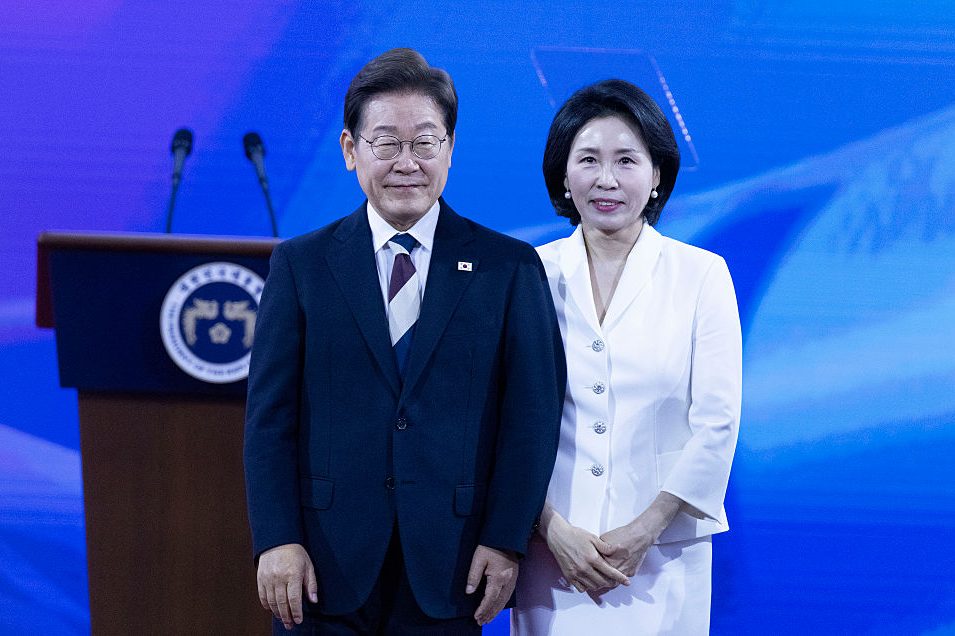
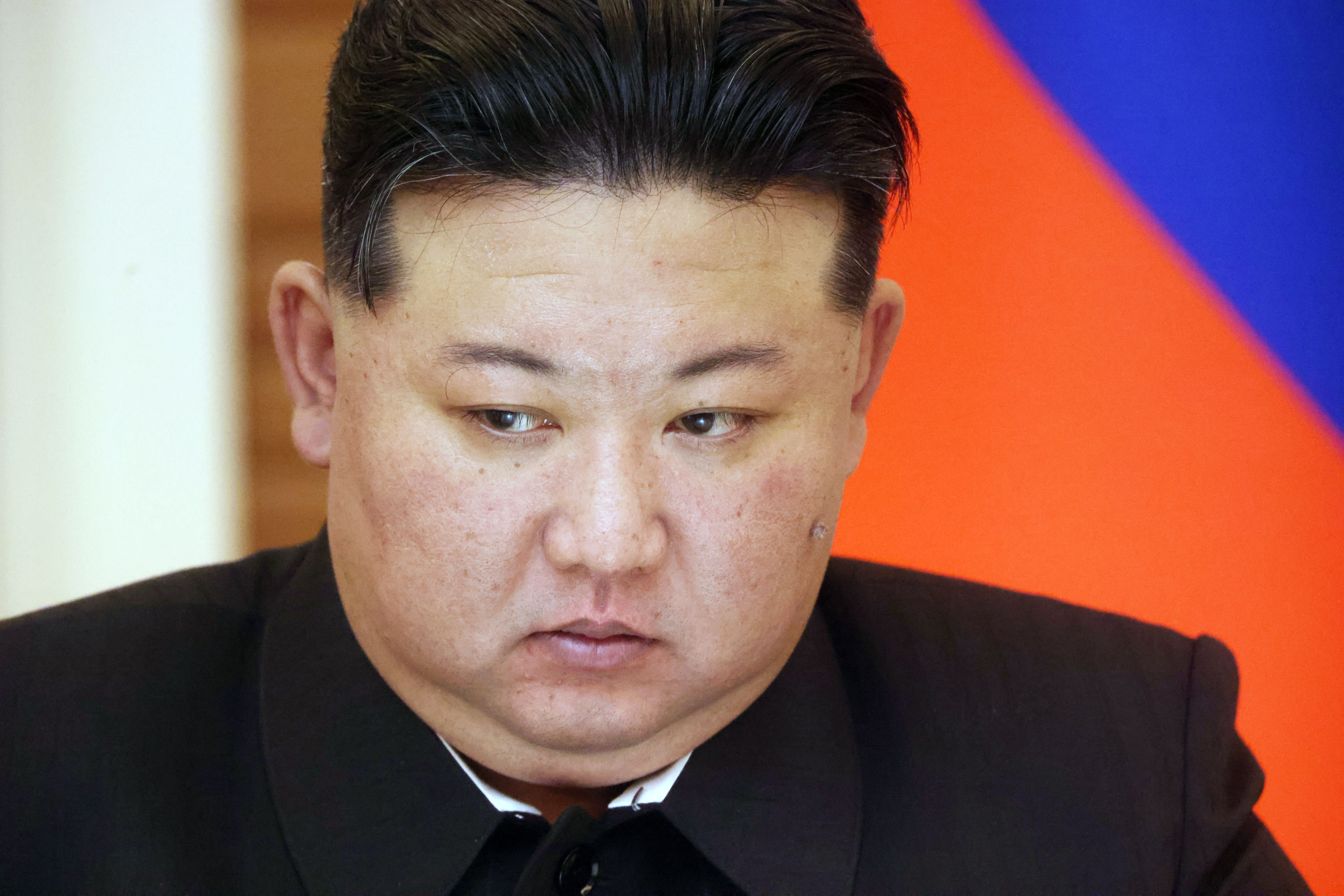







Leave a Reply